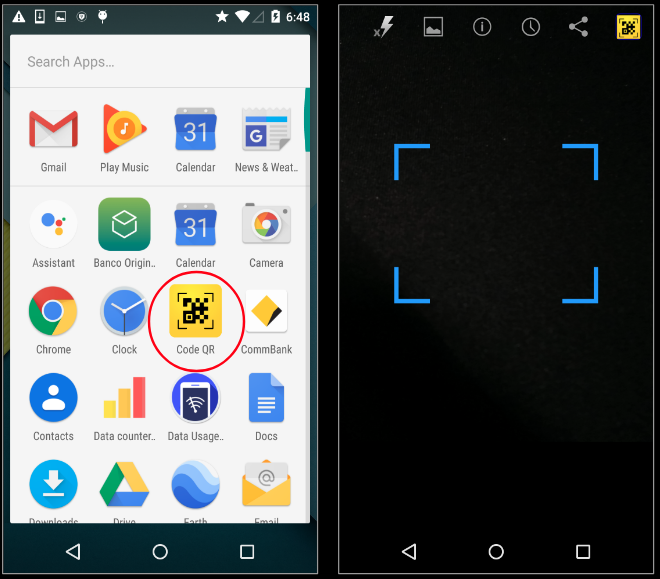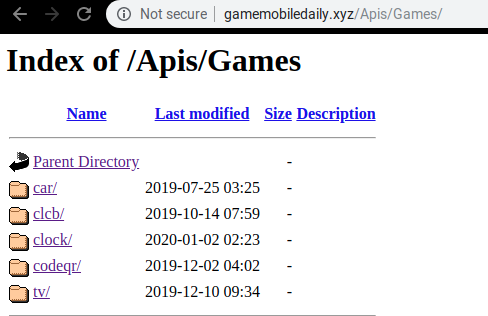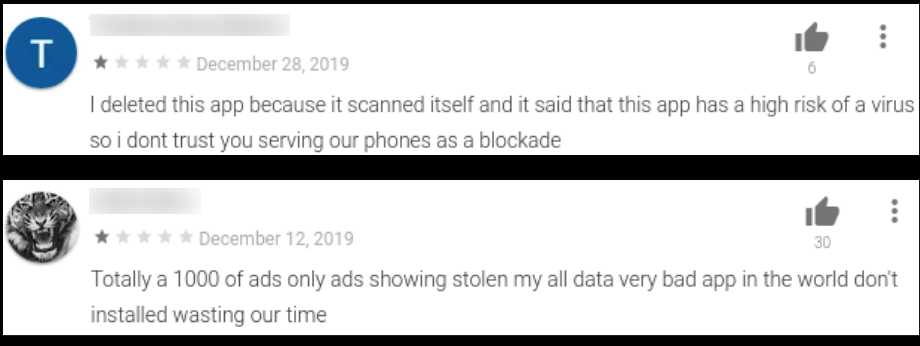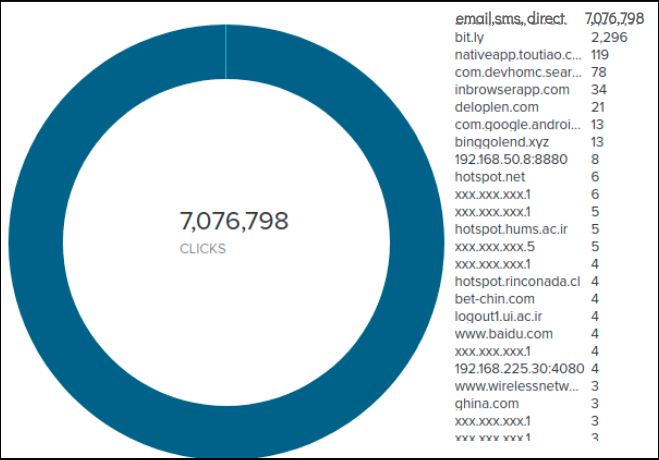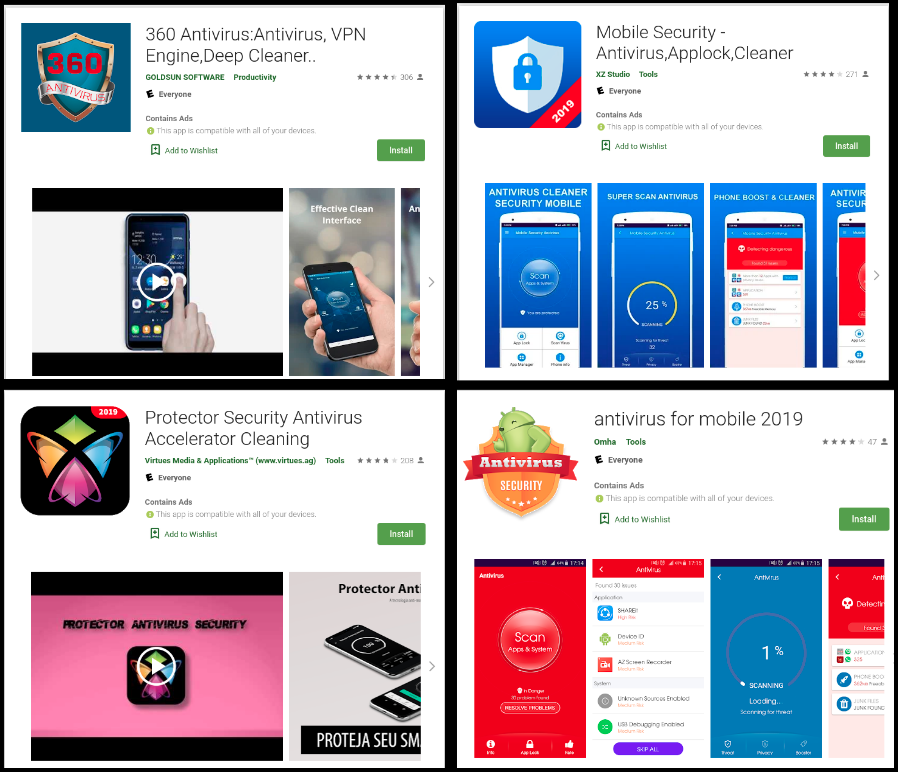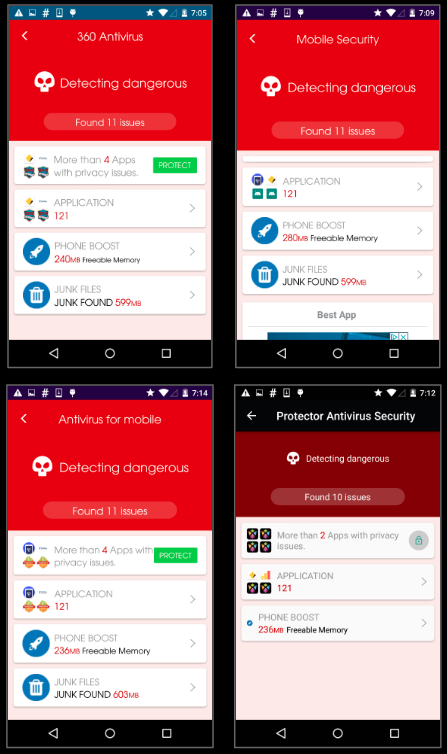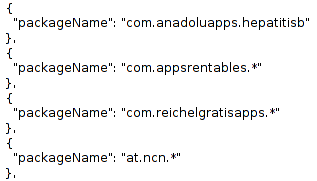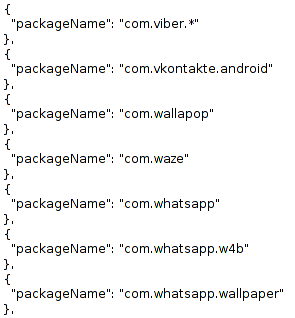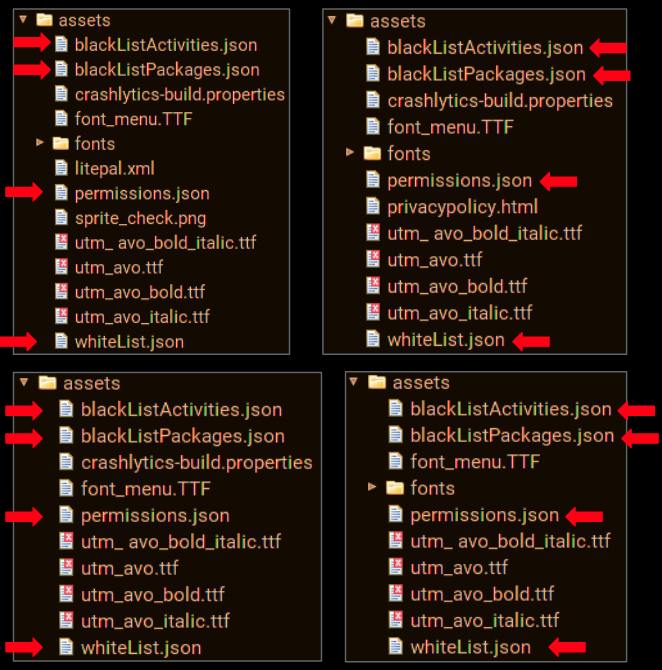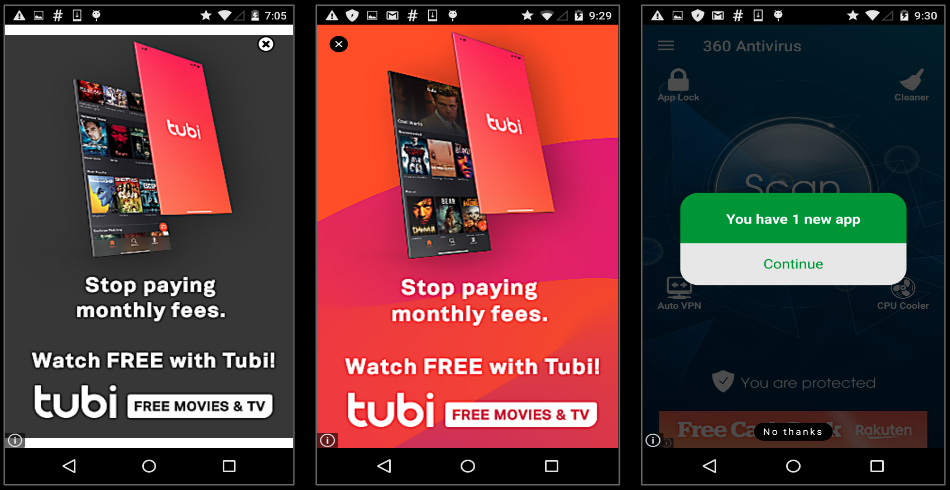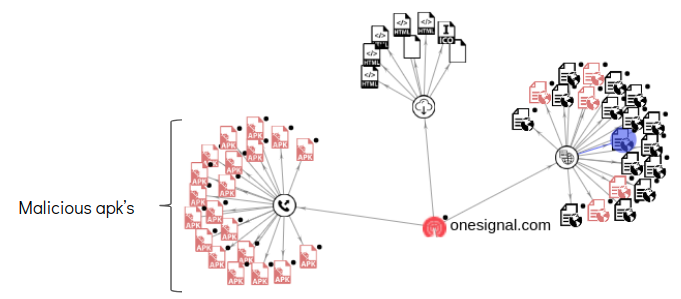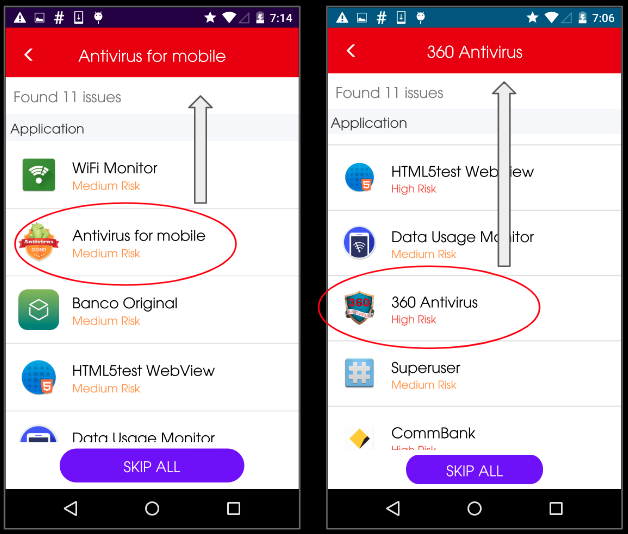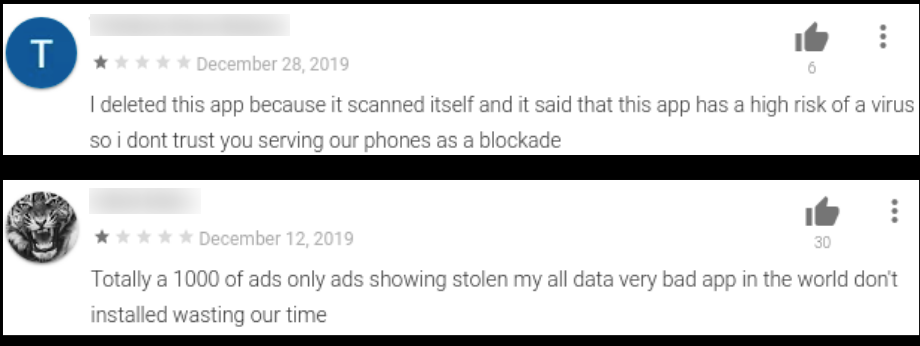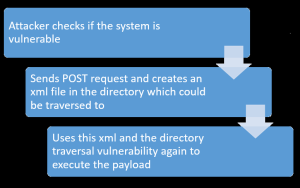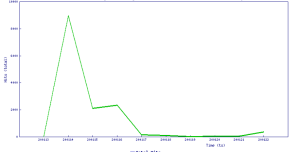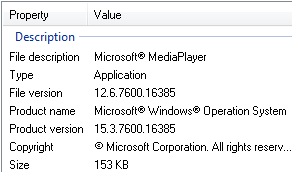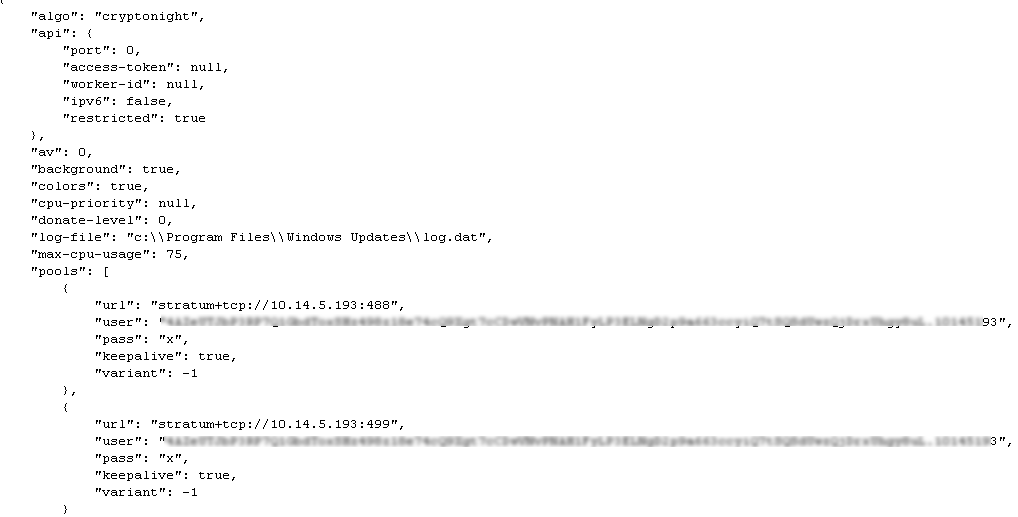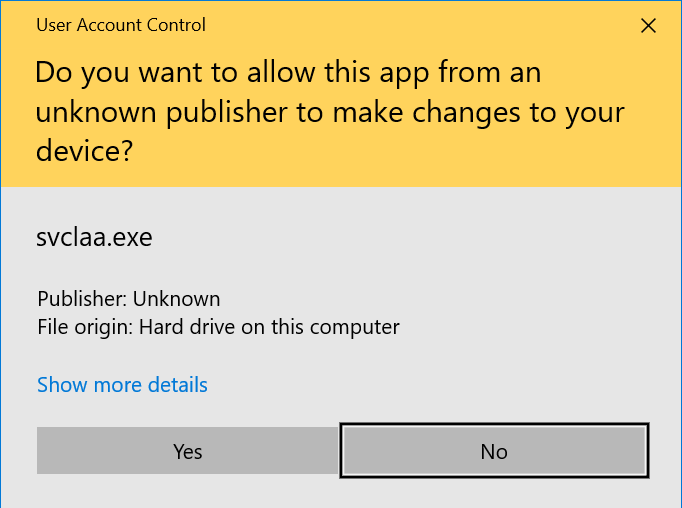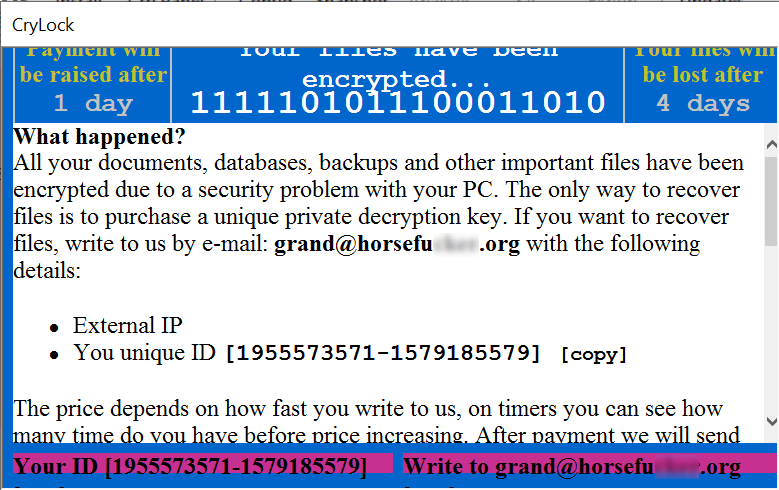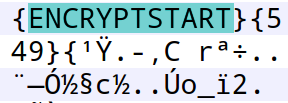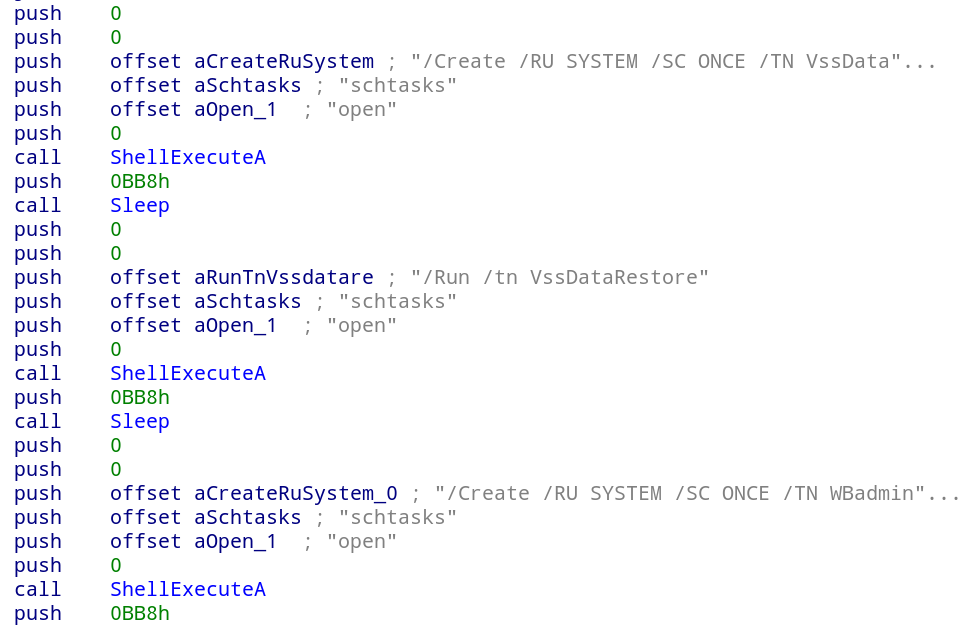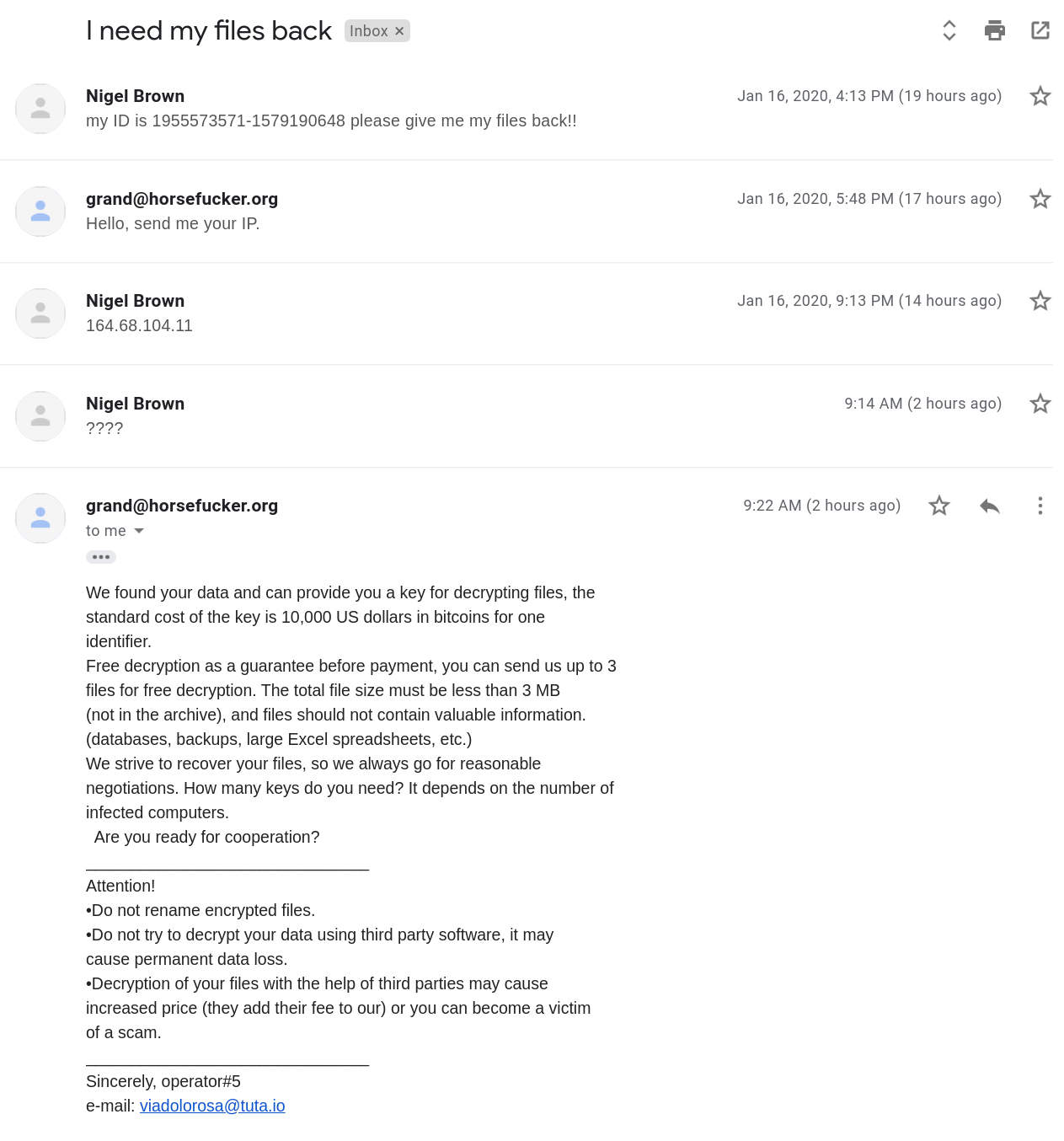Cyber Security News & Trends – 01-31-20
This week, SonicWall experts explain the accuracy and reach of data tracking, cyber-insurance court cases continue to heat up, and government drones are grounded for cybersecurity reasons.
SonicWall Spotlight
How Do I Love Thee, Data Privacy? Let Me Count the Ways – Forbes
- SonicWall’s Dmitriy Ayrapeto talks data privacy with Forbes on Data Privacy Day 2020, explaining just how large, sophisticated, and accurate data tracking methods are, even for people not signed up for social media accounts.
A Glimpse Into what Cyber Security Has in Store in 2020 – VarIndia
- What’s coming from SonicWall in India in 2020? SonicWall’s Debasish Mukherjee reflects on the current cybersecurity and threat landscape, noting a general downtick in ransomware in India as hackers choose more targeted attacks on larger corporations instead of scattergun approaches.
Cybersecurity News
Leaked Report Shows United Nations Suffered Hack – Washington Times
- Hackers managed to get into the U.N. networks in Geneva last year, compromising dozens of servers and accessing domain administrator accounts. It is unknown how much damage was done but espionage has been put forward as a likely reason. The U.N. say nothing confidential was compromised.
AIG Must Cover Client’s $5.9 Million in Cyber-Related Losses, Judge Rules – Cyber Scoop
- In the latest cyber-insurance development, a judge has decided that AIG must pay out for a $5.9 million claim it had previously denied after its clients lost money through a business email compromise scam.
US Space Industry to Launch Cybersecurity Portal – InfoSecurity Magazine
- The Space Information Sharing and Analysis Center (ISAC) is setting up an unclassified portal where companies can share and analyze information on cybersecurity threats, with the aim of protecting the space industry.
The Space Race For Secure Access Service Edge (SASE) – Forbes Technology Council
- SonicWall partners Perimeter 81 talk about the rise of and race for Secure Access Service Edge (SASE), a security solution created to fit the modern challenges of nomad and digital workforce, cloud adoption and 5G networks.
Dept. of Interior Grounds its Drones Amid Cybersecurity Concerns – TechCrunch
- The U.S. Department of the Interior released a statement confirming that non-emergency drones were being temporarily grounded for a cybersecurity review, admitting that concerns from “foreign entities, organizations, and governments” are driving the decision.
Malware Tries to Trump Security Software With POTUS Impeachment – Bleeping Computer
- New research has found malware using text from President Trump’s impeachment as cover in an attempt to pass itself off as “goodware.“
Dozens of Companies Have Data Dumped Online by Ransomware Ring Seeking Leverage – Ars Technica
- The Maze ransomware ring has begun to post data from companies caught by their malware, threatening to dump huge amounts of the information if their ransom demands are not met.
And Finally
Hacker Snoops on Art Sale and Walks Away with $3.1m, Victims Fight Each Other in Court – ZDNet
- Hackers who managed to intercept talks between an art dealer and a Dutch museum spoofed the dealer’s email account and convinced the museum to send $3.1 million to a bank account in Hong Kong. Both the art dealer and the museum are now blaming the other side for the mistake.
In Case You Missed It
- The Worst Cyberattacks and Data Breaches of 2019 – John Lynch
- Bett 2020: SonicWall Showcases Cybersecurity Solutions for Educational Institutions – David Peace
- Spear-Phishing Attacks Targeting Office 365 Users, SaaS Applications – Matt Brennan
- A Hard Study in Ransomware: Education Being Held Hostage – Brook Chelmo
- Smarter Cybersecurity: How SecOps Can Simplify Security Management, Oversight & Real-Time Decision-Making – Ken Dang
- 10 Reasons to Upgrade to the Latest SonicWall NSa Firewall – Brook Chelmo

